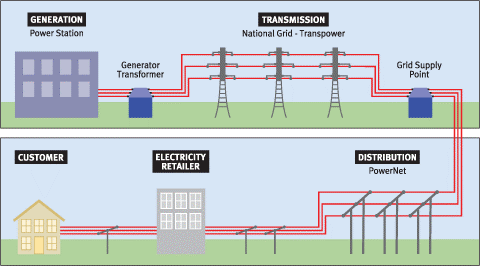Energypath 2018


SIgnatech System's Dr. Shankar was the opening speaker at the conference held at DeSales University, PA, July 26, 2018. The talk laid a scenario where high-penetration of renewable energy resources would alter how we can manage and control the grid, to maintain high reliability and efficiency. “It’s the best time to be in energy,” said Rudy Shankar, director of the energy institute at Lehigh University in Bethlehem. “It is the most important issue, having a stable supply of energy.”Shankar spoke about the challenges and opportunities for energy integration for the 21st century.“Coal generation is going down and is expected to continue going down,” Shankar said.While renewable energy technology will continue to grow, natural gas should replace the dying coal sector, according to Shankar.Compared to coal, natural gas is about 50 percent less harmful to the environment. Though the process of fracking (hydraulic fracturing, which is the extraction of fuel by blasting into the earth) should be examined more closely, Shankar said the use of fracking still provides a very important fuel in natural gas.Nationwide, the country is using less electricity, mainly because people have more efficient appliances and are cutting back on peak demand, Shankar said.To maintain efficient energy grid integration, there is a need for grid flexibility at every point of the supply chain, such as the grid points of transmission, distribution, and consumer demand.The industry also needs grid scale batteries and utility scale renewable resources, he said.On the transmission side, energy companies are aggregating generation fleets and pooling renewable resource commitments.The consumer is also playing a huge role in grid integration opportunities because they are more capable of choosing what energy they want, Shankar said.Utilities can manage grid flexibility by dynamic pricing, such as tariffs as well as developing network flexibility through a smart grid, which allows consumers to use the energy they want, when they want.As technology continues to evolve, the skill sets needed to enter the sustainable energy industry are the ability to understand power flow and data science, predictive analytics and technology and business processes.“Today’s workforce is still contract-based,” Shankar said.,"Tomorrow’s workforce will be more integrated because data will be more digitized, he said



















